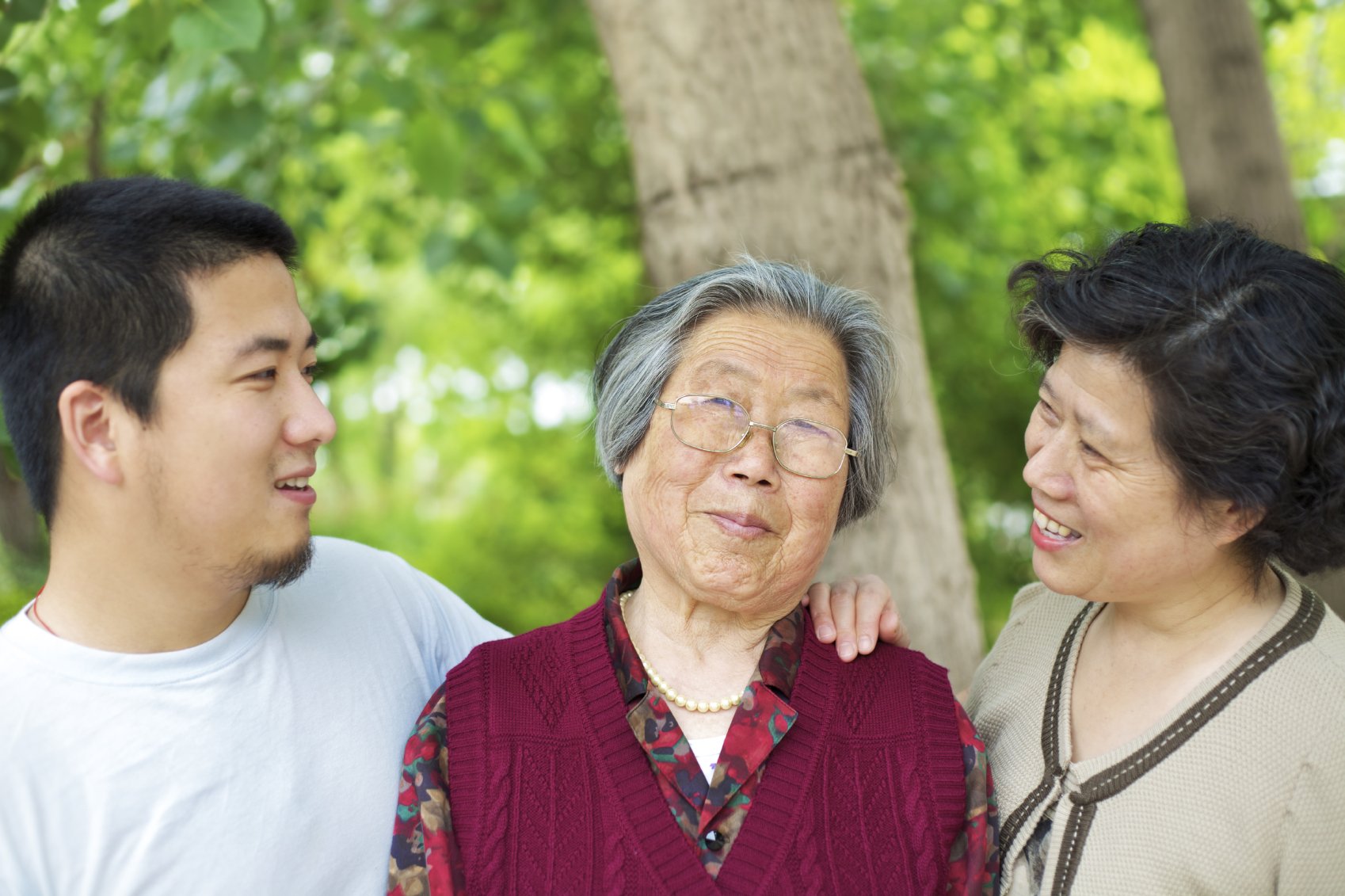
Communities in Michigan are stronger when we engage people of all ages.
Investing in Children & Youth
Supporting Families
Teaching & Learning
Promoting Healthy Aging
Building Healthy Environments
What are Intergenerational Programs?
Intergenerational programs intentionally unite the generations in ways that enrich participants’ lives and help address vital social and community issues while building on the positive resources that young and old have to offer each other and to their communities.
These programs bring people of different generations together for ongoing, mutually beneficial, planned activities, designed to achieve specified program goals, and promote greater understanding and respect between generations.
Reciprocity, sustainability, intentionality, training, support, and viewing younger and older people as assets are hallmarks of successful programs.
Learn more about the benefits of intergenerational programs.
Why Connect Generations?
Michigan, like every other part of the country, is experiencing a sense of uncertainty and urgency resulting from the unprecedented pandemic, economic fall-out, exacerbated racial disparities and economic inequities. There has never been a time when every generation has struggled so acutely and simultaneously for their health, livelihoods and way of life.
With family, community, state and national budgets strained, leaders across the sectors are hard-pressed to meet even the basic needs of young children and youth, families, older adults, caregivers and other essential workers. Age-segregated services and programs are not cost effective nor do they build on the strengths and resources that older people and youth can share with each other.
Clearly these times require essential and innovative commitments to address these urgent needs and advance new possibilities for improving the health and well-being across the generations in Michigan. Michigan needs to rise to these challenges by re-imagining, reforming and rebuilding a more equitable and interdependent future for all. Intergenerational partnerships, programs and policies can serve as a meaningful starting point.
Because we’re stronger together
There are many types of intergenerational programs ranging from mentoring and community service to service learning and workforce development. The goals of these programs are just as varied.
Some programs primarily focus on improving academic outcomes among younger generations with older volunteers as tutors, mentors, allies, and friends.
Other programs primarily focus on improving social, health, and economic aspects for older adults with younger generations as partners.
While other programs aim to promote healthier lifestyle behaviors for both generations simultaneously, thereby lowering health risks.
The possibilities for intergenerational programs are endless.
Intergenerational programs are meaningful, important, and fun. And they need to be thoughtfully developed with theory and informed by evidence.
An intergenerational lens can be used to address a wide variety of issues, such as:
Addressing Structural Racism & Inequalities
Technology Access & Use
Caregiving
Food Insecurity
Community Change
Substance Use
Ageism
Academic Achievement & Enrichment
Physical, Cognitive, & Mental Health
Social Isolation & Loneliness
Cultural Identity
Environmental Awareness & Action
Affordable Housing
Job Readiness & Entrepreneurship
Neighborhood Revitalization







